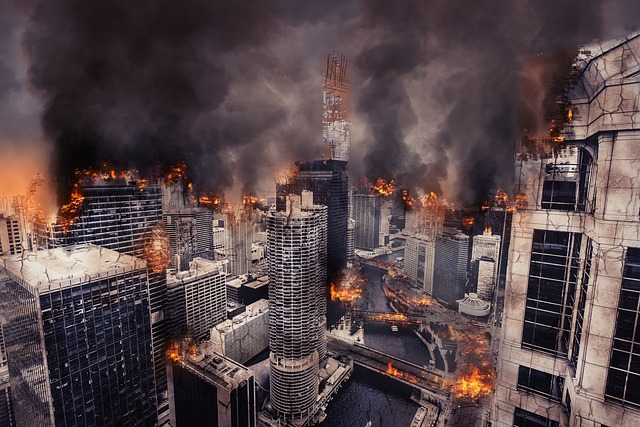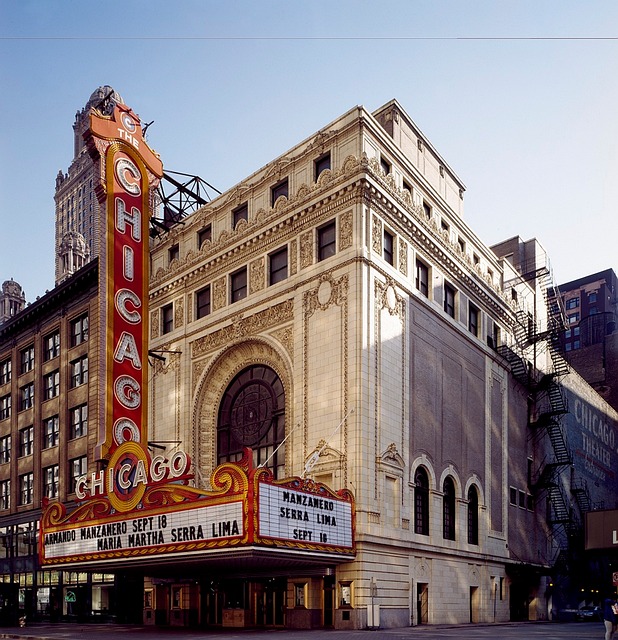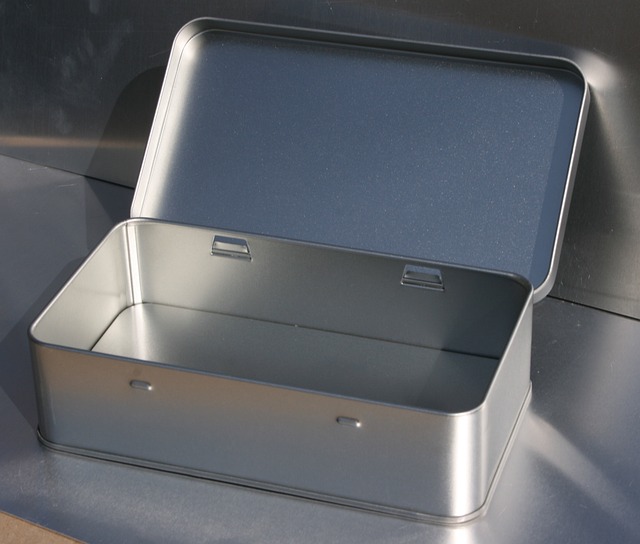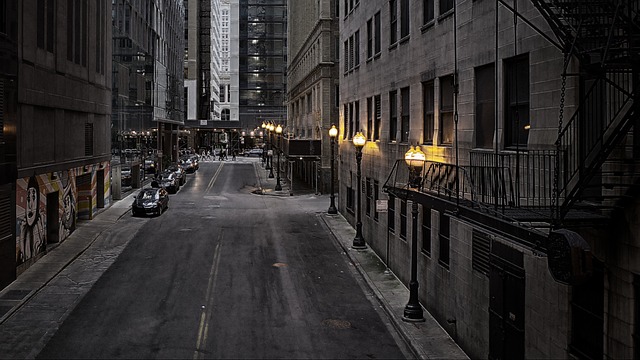After a fire, Chicago homeowners can sell their damaged properties with proper guidance. Post-fire property valuation involves detailed inspections and repair planning to maximize sale potential in the competitive real estate market. Legal considerations include comprehensive disclosure of damage and adherence to regulations. Fire damage affects property values, but extensive repairs or rebuilding may be required. Homeowners should consult professionals specializing in post-fire sales for navigation through insurance claims, marketing, negotiations, and unique market dynamics, ultimately deciding between renovation, listing as-is, or demolition.
“In Chicago, post-fire property valuation is a complex process with significant legal implications for homeowners. After a fire, understanding how damage impacts property value is crucial when considering a sale. This article guides you through the intricacies of navigating post-fire property sales in Chicago, addressing legal considerations and common misconceptions. Learn about the step-by-step process, including assessments, repairs, and market analysis, to determine if selling a fire-damaged home in Chicago is feasible.”
- Understanding Post-Fire Property Valuation in Chicago
- Legal Considerations for Selling a Fire-Damaged Home
- The Impact of Fire Damage on Property Value
- Common Misconceptions About Selling Damage Properties in Chicago
- Step-by-Step Guide to Navigating Post-Fire Property Sales
Understanding Post-Fire Property Valuation in Chicago

After a fire, many homeowners in Chicago wonder if they can sell their damaged property. Understanding post-fire property valuation is crucial in this situation. Fire damage significantly impacts a home’s value, but it doesn’t necessarily render it unsellable. The assessment process involves a detailed inspection to identify the extent of repairs needed and the potential for restoration.
Experts consider both the structural integrity and aesthetic appeal of the property post-restoration. In Chicago, where real estate is diverse and competitive, a well-documented repair plan can make all the difference in attracting buyers. It’s essential to consult with professionals who specialize in this field to navigate the process effectively and maximize the sale potential of a fire-damaged home.
Legal Considerations for Selling a Fire-Damaged Home

Selling a home with fire damage in Chicago involves navigating legal considerations that go beyond traditional real estate transactions. First and foremost, potential buyers will need to be informed about the extent of the property’s damage through a thorough disclosure. This includes providing details on repairs made or needed, as well as any structural issues arising from the fire. Failure to disclose material facts can lead to legal repercussions later.
In Chicago, real estate sales are governed by various state and local laws, including those related to property disclosures and repair responsibilities. Sellers must adhere to these regulations, ensuring all necessary paperwork is in order and any repairs or remediation work is documented. This process can be complex, so it’s advisable for both parties to consult with legal professionals experienced in real estate transactions and post-disaster sales to ensure a smooth and legally compliant sale of a fire-damaged property.
The Impact of Fire Damage on Property Value

Fire damage, no matter the extent, significantly impacts property value in Chicago and across the nation. While some minor fires may leave only superficial marks, more severe incidents can result in substantial structural, cosmetic, and even health-related issues that require costly repairs or even a complete renovation. These damages can deter potential buyers, leading to longer listing times and potentially lower sale prices when selling a house with fire damage in Chicago.
In the aftermath of a fire, property assessors carefully inspect every aspect of the home, from the framework to the fixtures. Even if the exterior appears largely intact, interior damage may have left residues that require specialized remediation. These issues can include charred walls, ashy ceilings, smoke-damaged woodwork, and even lingering odors that need professional mitigation. Buyers are likely to be cautious when presented with such properties, often demanding extensive repairs or considering the cost of rebuilding entirely before finalising a purchase, which can ultimately affect the property’s post-fire value.
Common Misconceptions About Selling Damage Properties in Chicago

Many homeowners facing post-fire property valuation in Chicago hold onto misconceptions about selling homes with fire damage. A common one is that a home with any sign of fire damage is automatically less valuable, making it harder to sell or leading to lower offers. However, this isn’t entirely true. In reality, the extent of damage and the type of restoration work required directly impact the property’s value—not the fact that there was a fire.
Another misconception is that selling a damaged property in Chicago is a complex or lengthy process. While it does involve specialized knowledge about repairs and insurance claims, experienced agents who specialize in post-fire real estate can guide homeowners through every step. They understand the unique market dynamics of such properties and can help determine the best course of action—whether to renovate, list as-is, or explore alternative options like demolition.
Step-by-Step Guide to Navigating Post-Fire Property Sales

After a fire, selling your property in Chicago might seem daunting, but with careful navigation, it’s entirely possible. Here’s a step-by-step guide to help you understand the process.
1. Assess and Document Damage: Begin by thoroughly inspecting the property and documenting the fire damage. Take detailed photos and create a comprehensive list of repairs needed. This will be crucial for insurance claims and potential buyers who want to understand the extent of the restoration required.
2. File an Insurance Claim: Contact your insurance provider immediately to file a claim. They can guide you through the process and provide financial assistance for repairs or even a total loss scenario. Keep all communications, policies, and documents related to the claim for future reference.
3. Consult with a Real Estate Professional: Reach out to experienced real estate agents who specialize in post-fire property sales in Chicago. They can offer valuable insights, help determine a realistic listing price considering market conditions and repair costs, and guide you through marketing your property effectively.
4. Repair or Rebuild: Depending on the extent of damage, decide whether to repair the existing structure or rebuild entirely. A local contractor can provide estimates for both options, ensuring compliance with Chicago building codes and regulations.
5. Market Your Property: With proper preparation, list your property for sale. Highlight any upgrades or improvements made during the renovation process to attract buyers who appreciate the transformation. Consider staging the home to showcase its potential and maximize its appeal.
6. Negotiate and Accept Offers: Engage with interested buyers and their agents to negotiate terms. Be open to discussions but also know your bottom line. Once you accept an offer, proceed with the sale, ensuring all legal documents are in order and signed by both parties.
Post-fire property valuation in Chicago involves navigating complex legal and emotional aspects. Understanding the impact of fire damage on property value is crucial for homeowners looking to sell. By addressing common misconceptions and following a step-by-step guide, you can confidently navigate the process of selling a house that has sustained fire damage in Chicago. Remember, with the right knowledge and approach, it’s indeed possible to transform a challenging situation into a successful sale.






